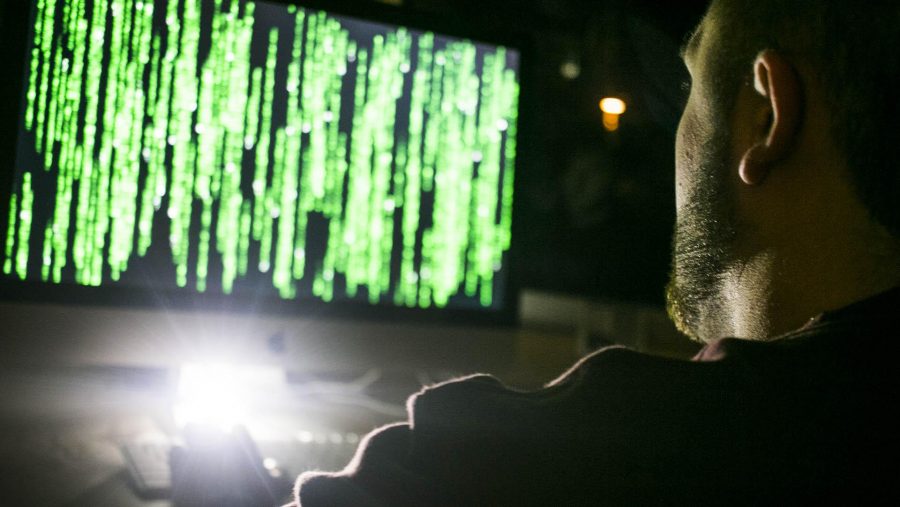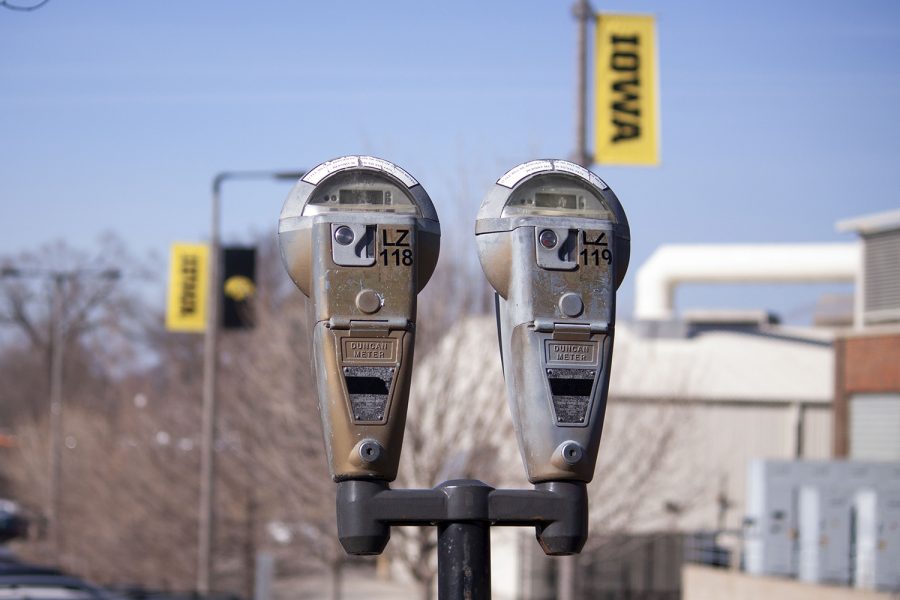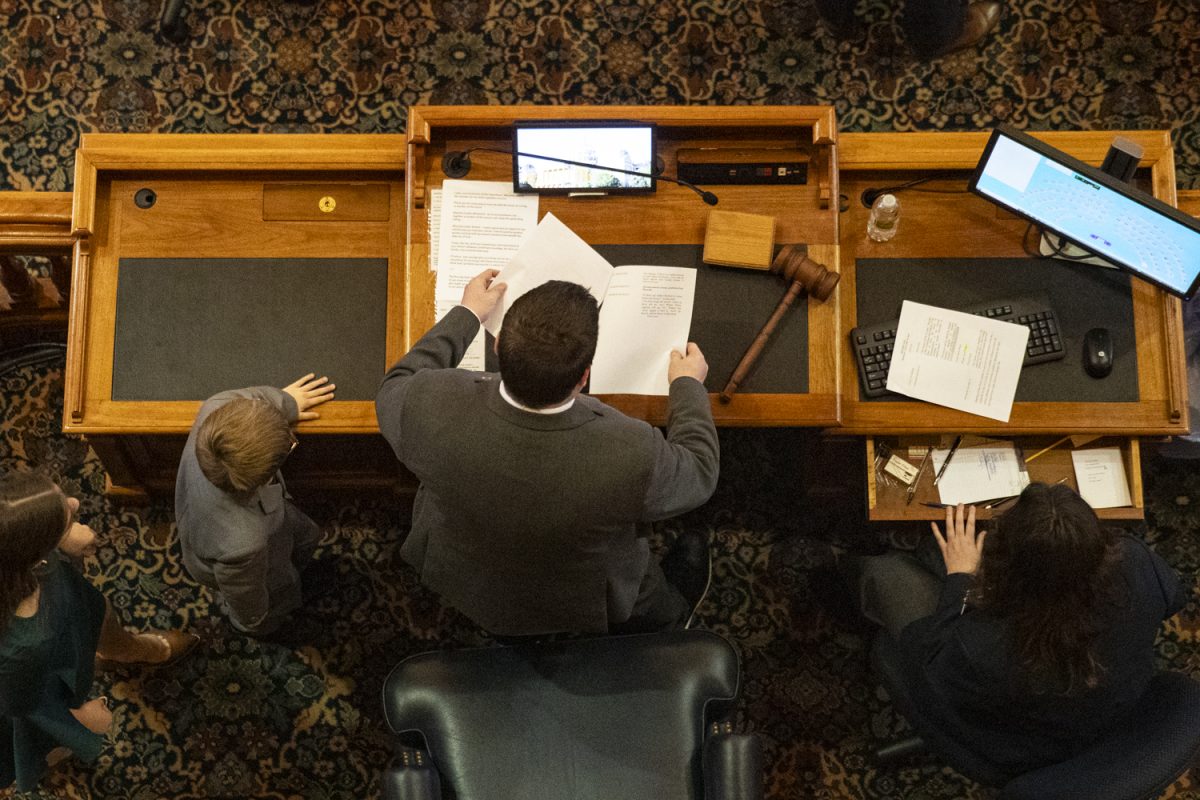For local businessman Aaron Warner, cybersecurity threats can’t be defeated unless they are faced head-on.
“Cybersecurity is about layers, so there’s no silver bullet,” he said. “There’s not any one solution — taking that approach would be like putting up a gate that you can drive around.”
Warner is the CEO of ProCircular, a North Liberty company that creates custom programs to protect data from Internet hackers and online scams.
The firm, focused on companies and their customers, essentially hacks its client, then hones in on technical changes to prevent said client from future threats.
One of the most common practices among hackers, Warner said, is phishing — when a hacker sends emails posing as a legitimate company to illegally obtain personal information, such as medical records or credit-card information.
Hospitals and other medical groups, Warner said, are top targets.
“Medical records are [often] more valuable than credit-card information,” he said. “[Medical records] are used to buy drugs on the black market.”
Though medical groups are targeted frequently, Warner said, they are often better equipped to face cybersecurity threats because they anticipate it.
For people who are not as equipped to fight off hackers as top hospitals and clinics, Warner suggested backing up one’s data on Google Drive or on Microsoft OneDrive. He also insisted on managing one’s password on a regular basis.
Cybersecurity threats are not exclusive to large organizations and medical groups.
UI junior Julianne Salmen was forced to deactivate her Facebook account for several months after a hacker posted a series of obscene content under her name.
“The hackers tricked me into thinking I logged out of my Facebook, so not over-thinking it, I put my password in and nothing strange happened until the next day,” Salmen said. “I got several texts while I was in class saying that I got hacked.”
The hackers, she said, posted child pornography links on all Salmen’s Facebook group pages, including her Facebook status.
“I’m not sure what they [the hackers] were after, probably just personal information,” she said. “People should try avoiding links that ask for your username/password. I know this sounds obvious, but double-checking that the log in doesn’t look unusual.”
RELATED: UI ITS Department vigilant against hacking schemes
In a release earlier this month from the office of Sen. Chuck Grassley, R-Iowa, he offered advice to his constituents on protecting themselves online.
Individuals, he said, need to be as accustomed to placing online safeguards as they are to locking their car doors and front doors.
While Warner said the state has been effective in equipping Iowa organizations with tools to combat hackers, UI junior Alisha McTaggart, said she, as an individual working in a government position, has not seen a decrease in cybersecurity threats.
McTaggart, an intern in the U.S. Department of Homeland of Security, said she received numerous message requests from potential hackers when she started her position in Washington.
“I think they [hackers] really do try to target college kids,” she said. “[It’s] just a matter of [hackers] trying to get their foot in the door.”
McTaggart said these imminent cybersecurity threats call for much more education.
“Really making people aware of what the consequences [of using the Internet] can truly be,” she said.
On her first day in the office, McTaggart said, she adjusted all her privacy settings on social media. Hackers’ practices, she said, involve targeting individuals who seem politically active.










